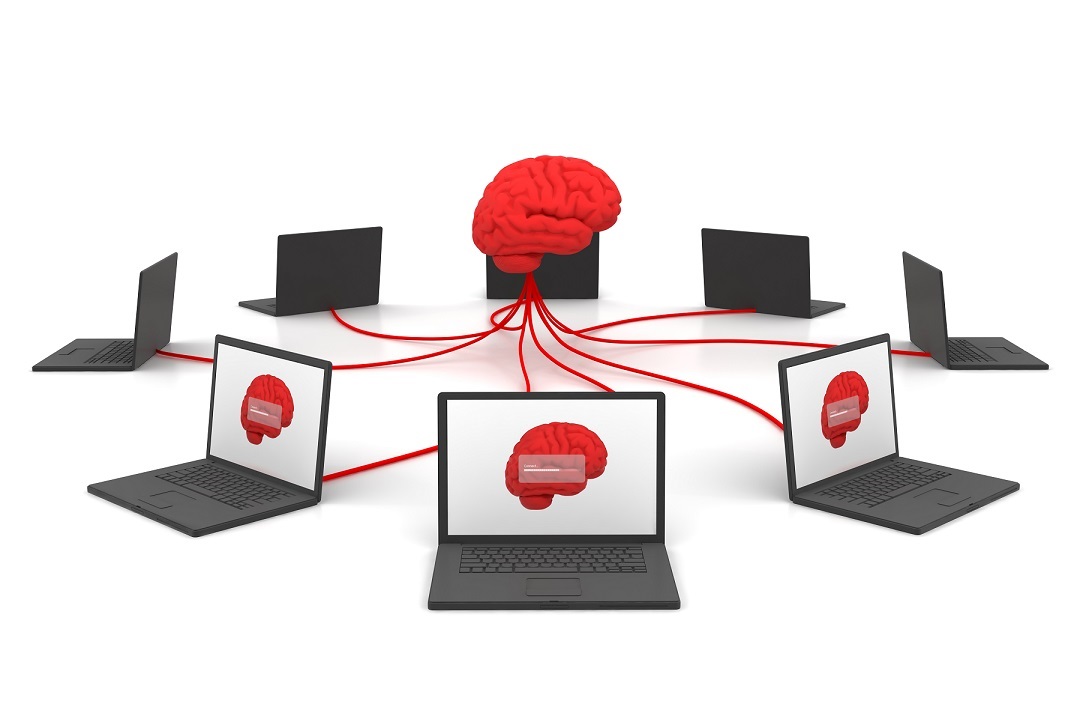
03 Nov Multitasking
Do you tick off everything on your to-do list each day? Ever feel like you’ve worked hard all day but not achieved much? If you want to get more done, research shows that when you focus on less, you get more completed.
Think about your day. How often do you check your emails or texts while having a conversation with someone? Do you ever take non-urgent phone calls when you’re in the middle of an important task? A study by The University of California, Irvine, found that Knowledge Workers working in hi-tech companies switch between small tasks every 3 minutes and 5 seconds. That’s quite often!
This same study found that when you have been distracted away from a task, 82 percent of all interrupted work is resumed on the same day. But here’s the downside — it takes an average of 23 minutes and 15 seconds to get back to the task. This means that for a simple task, you could spend more time switching backwards and forwards between tasks, than actually doing the task.
In an article published in Psychology Today, Dr Susan Weinschenk suggests that switching between tasks could be costing you 40% of your productivity. Think about it this way: if you work 10 hours a day, multitasking and distractions could be taking up 4 hours of your day. That’s 20 hours a week…
What’s more, research has indicated that high multitaskers:
- are terrible at tests of thinking ability
- make more mistakes
- take longer to complete tasks
- get easily distracted by things that aren’t related to what they’re trying to do
- don’t remember things as well
- have difficulty concentrating
So, do you want to get more done? The simple answer; focus on less. In fact, focus on one thing at a time.
Yes, in the real world, this is very hard to do – you’ve got customers, staff and any number of competing priorities all vying for your attention. But when you’re working on something important, try to turn off distractions like email and mobile phones. Better yet, schedule yourself some ‘do not disturb’ time on a regular basis to work on the important stuff. You just might find you save hours each week.


